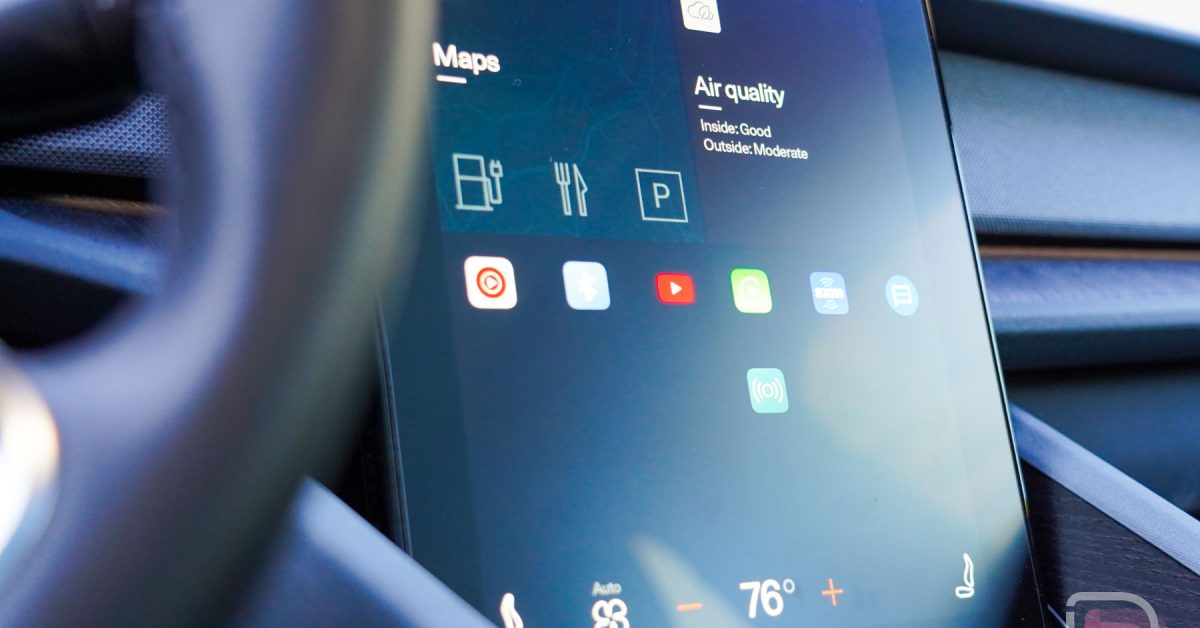Revolutionizing In-Car Tech: Android Auto's Breakthrough Feature Set to Transform Driving Experience

Google Enhances Android Auto with Innovative Climate Control Features
In a promising development for automotive technology, Google is set to elevate the Android Auto experience with groundbreaking climate control capabilities. Developers have uncovered exciting new features hidden within the latest Android Auto build, signaling the platform's commitment to creating a more intuitive and user-friendly in-car interface.
These newly discovered climate controls represent a significant step forward in seamlessly integrating smartphone technology with vehicle systems. By allowing users to manage their car's temperature and comfort settings directly through Android Auto, Google is transforming the driving experience and making vehicle interaction more convenient than ever before.
Tech enthusiasts and Android Auto users can look forward to these innovative updates, which demonstrate Google's ongoing efforts to enhance digital connectivity and user experience in modern vehicles.
